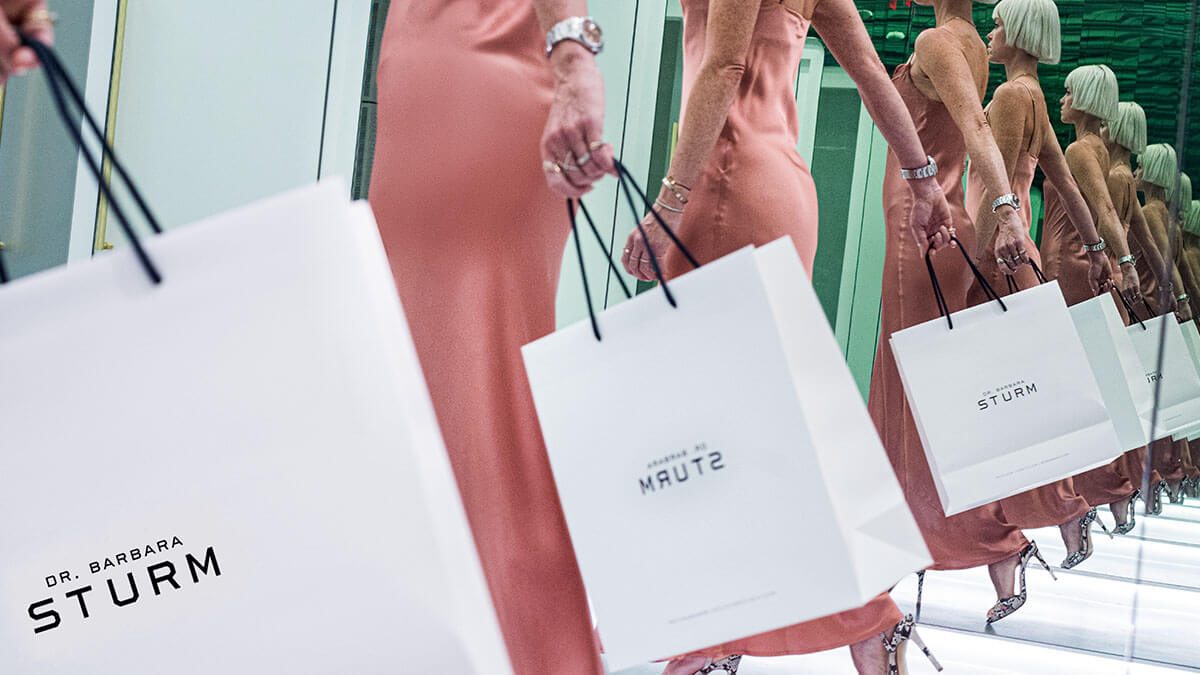Postmates Unlimited, which was acquired by Uber last November for $2.65 billion, is offering a bundle of 18 beauty products, delivered straight to consumers’ doors, for an all-in price of $375. The bundle, which represents a huge discount on the in-store price (likely to top $1,000), features products from cult indie brands such as Furtuna Skin, Summer Fridays and Corpus Naturals.
Uber is broadening out from its origins as a ride-sharing app. Part of its strategy is to build customer loyalty by acting as an ultra-flexible and fast delivery service. Beauty brands could be a big part of the mix, Uber believes. In the post-lockdown landscape, service has become an overriding priority, says global head of membership Julie Kim, who joined the company in February from Postmates.
Brands are investing in mechanisms and technology solutions to ensure reliability and convenience for their customers, she says. “Uber Direct is a great tool for retailers who want an operationally efficient way to reach their customers. Anybody who has an e-commerce mechanism can basically utilise our backend technology to enable same-day service.”
Beauty-on-demand is the first in a series of member-only experiences that Uber and Postmates plan to offer. Uber has also signed on new beauty partners like Dr Barbara Sturm.
These launches are the first in a series of member-only experiences being lined up by Uber, says Kim. Prolonged lockdowns during the Covid-19 pandemic fuelled a drive by brands to reach customers where they were. “Our membership programmes try to make everyday life effortless for our customers,” she says. “There is a heightened awareness and need for speed and convenience.”
In 2020, Uber launched a white label solution called Uber Direct, teaming up with fashion and beauty brands such as Mac Cosmetics, Pixi, Le Labo, Honest Company, Fred Segal and Zadig and Voltaire, to fulfill deliveries that originated on the companies’ own websites or apps. Uber takes a merchant rate negotiated individually with brands.
For many beauty brands, a linkup with Uber represents a first step into on-demand services. “We’re testing it to see how people react to buying products on instant delivery,” says JP Mastey, founder of Corpus Naturals, a brand known for its $24 natural deodorants. Amazon has helped to change the game, he says. “When we launched in 2018, we decided to offer free domestic shipping, primarily to meet the expectations that have been set by retailers such as Amazon.
With the pandemic, people have become really used to ordering and receiving goods within hours or minutes. If that’s the way people want to consume and purchase, then we’ll have to meet them there, and services like this are ideal for that.”
Uber isn’t the first company to explore the rocky path to making money from on-demand delivery services. Jo Malone London, one of Uber’s launch partners, is already no longer on the platform, although Uber’s Kim says the collaboration was always meant to be short-term and was used to promote a Mother’s Day collection. “A seamless and timely experience for our consumers is of the upmost importance… we look forward to exploring new opportunities in the future,” Jo Malone London provided in an emailed statement
Several beauty box services are also struggling, says Sucharita Kodali, vice president of retail at research firm Forrester. “It seems like Uber is trying to do the same thing as Amazon, but they’re not an operations company,” she says. “The bigger questions are what’s the value to the consumer and how much does it cost everyone? Uber wants stuff for free that it can add to a loyalty programme with as little cost to it as possible. The brands and retailers want Uber to give free marketing. Consumers just want free stuff. If everyone just wants as much as possible for as little as possible, how do you create a compelling offering that someone wants and is a win-win-win?”
Convenience doesn’t necessarily equate to luxury, warns Audrey Depraeter-Montacel, global beauty lead at consultancy Accenture. “If you don’t make your consumer dream about who you are, then you’ll face challenges. Amazon has been trying to penetrate the luxury and fashion industries for years, but I am not sure that they have succeeded because they are still perceived as a convenient platform.”
For Uber to succeed with on-demand membership, plenty of benefits will need to be baked into a loyalty programme to encourage regular use, whether they are discounts on groceries, restaurant deliveries or access to streaming services, says Kodali of Forrester. “Anything that their users use frequently.” Uber says it already offers benefits, such as free delivery, as part of its Uber Pass, Eats Pass and Postmates Unlimited memberships.
Uber’s operation will also need to be seamless and in sync with the inventory carried by brands, Kodali adds. “One of the main reasons that local delivery services don’t make it is because inventory information is bad and you end up disappointing the shopper. Uber will need to make products available and make sure that they’re accurate. If retailers don’t have their inventories right, it’ll be a mess.”
Uber plans to partner with different tastemakers to curate each collection. “We’re not necessarily gaining revenue from this but we’re gaining awareness because the product is going into the hands of influencers who will give us exposure,” Corpus Naturals’ Mastey adds.
Uber might help to solve one of the beauty industry’s biggest challenges — retaining the customer who is making repeated purchases — according to Accenture’s Depraeter-Montacel. “That’s really the goal that all brands want to achieve. Of course they’re all trying to expand their database and target millennials, but the cost of acquisition is usually high and profitability only comes when you have repeat loyal clients.”
Uber plans to announce more benefits and partnerships with brands in November

